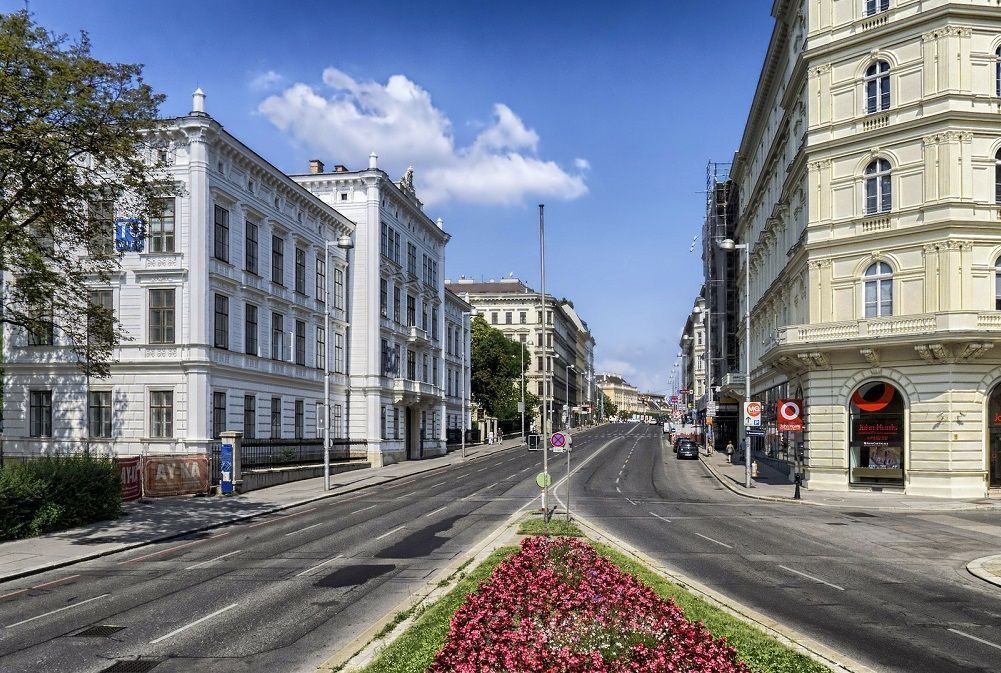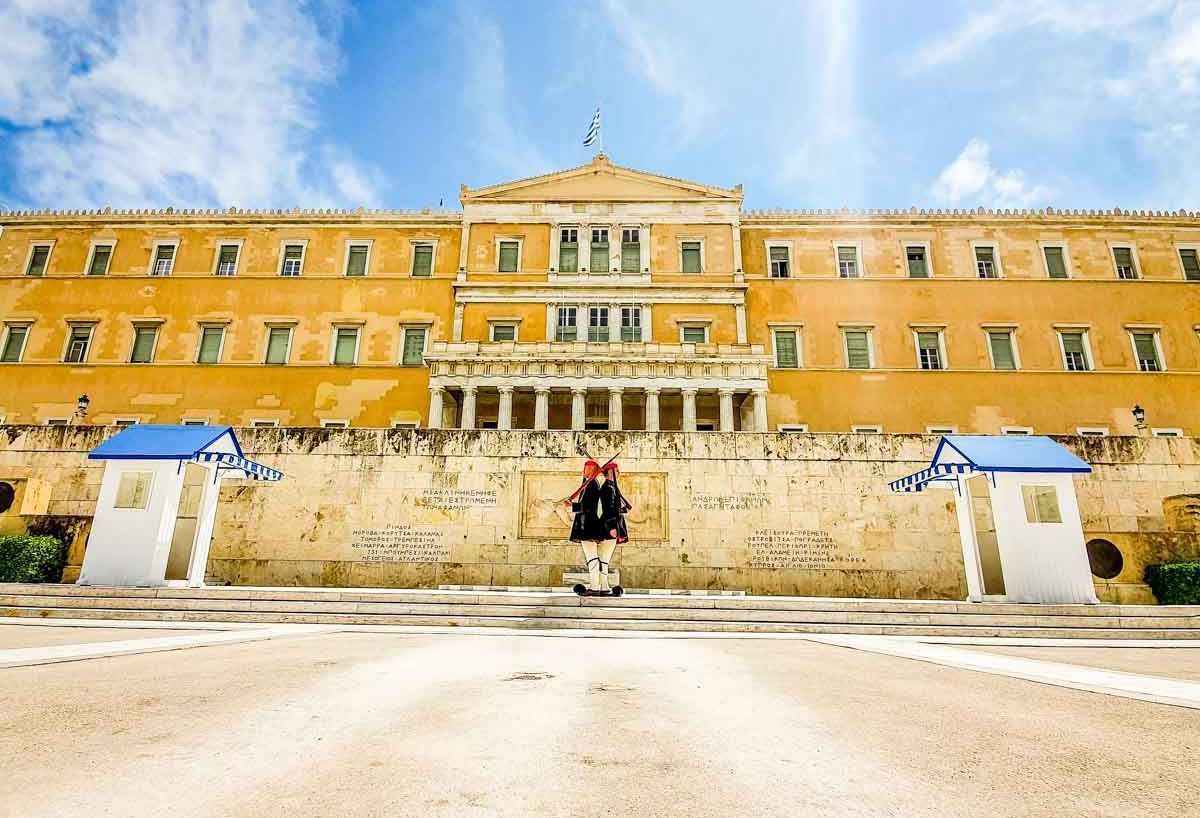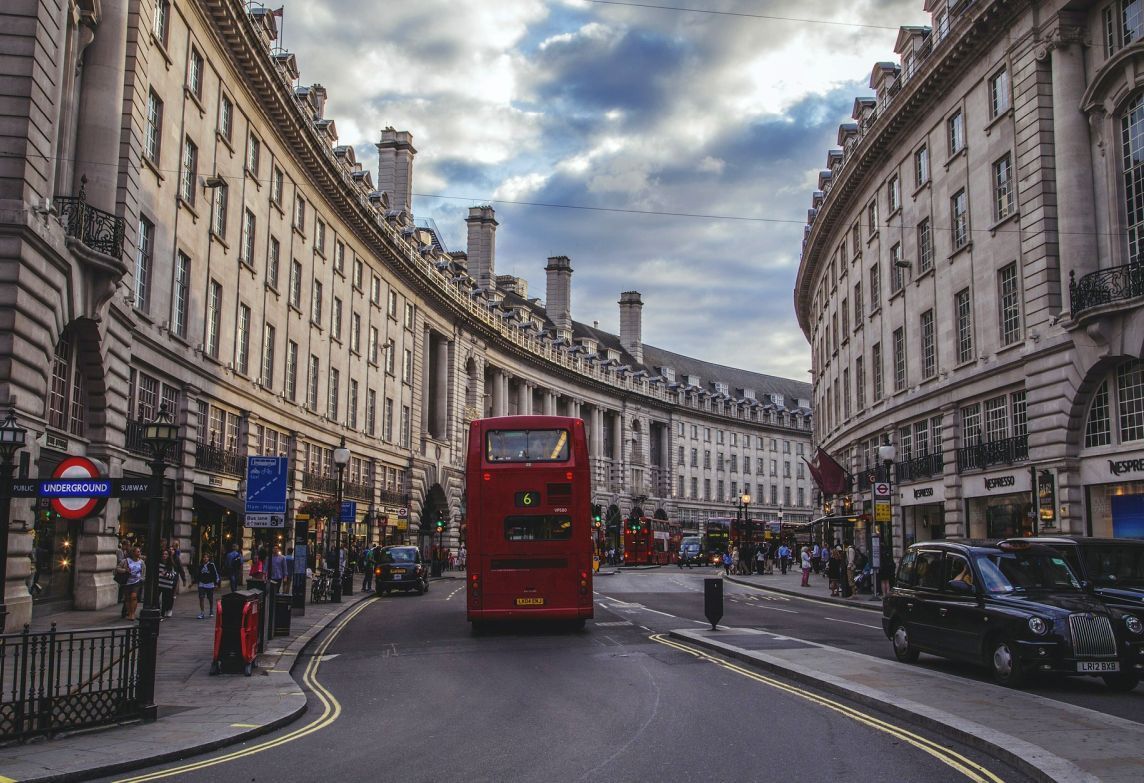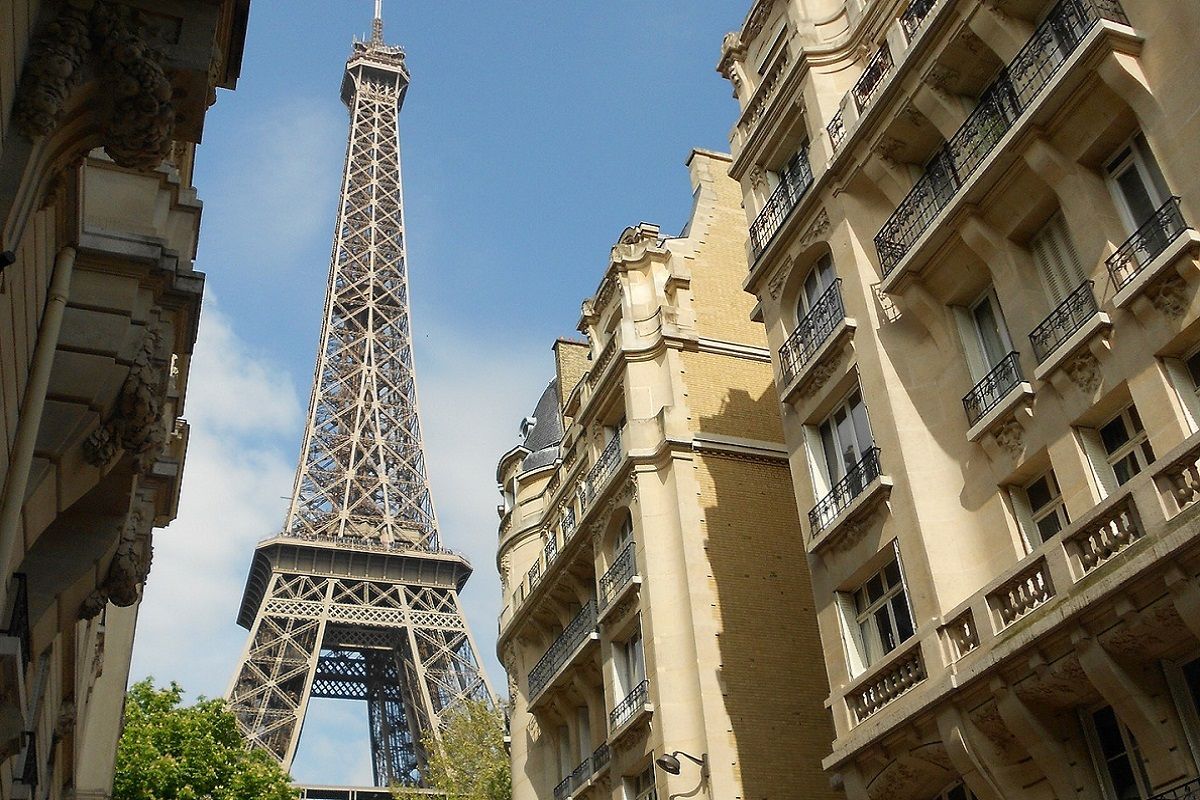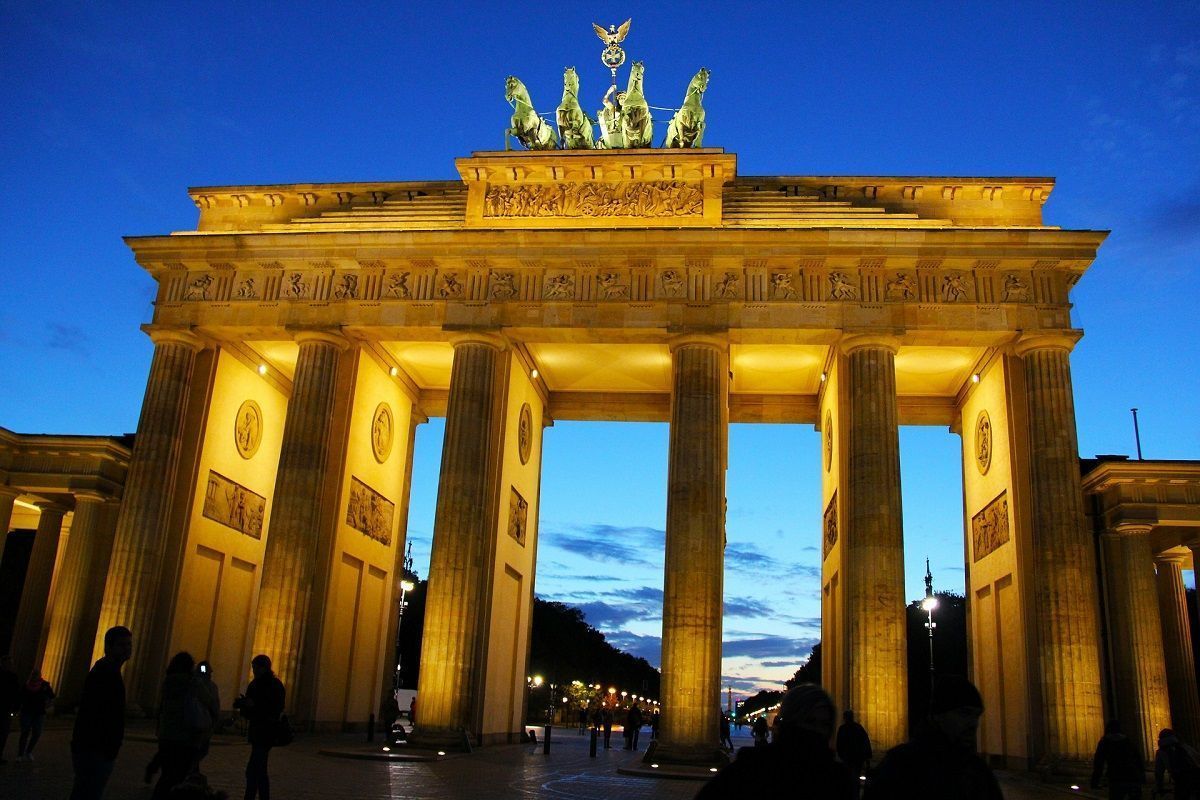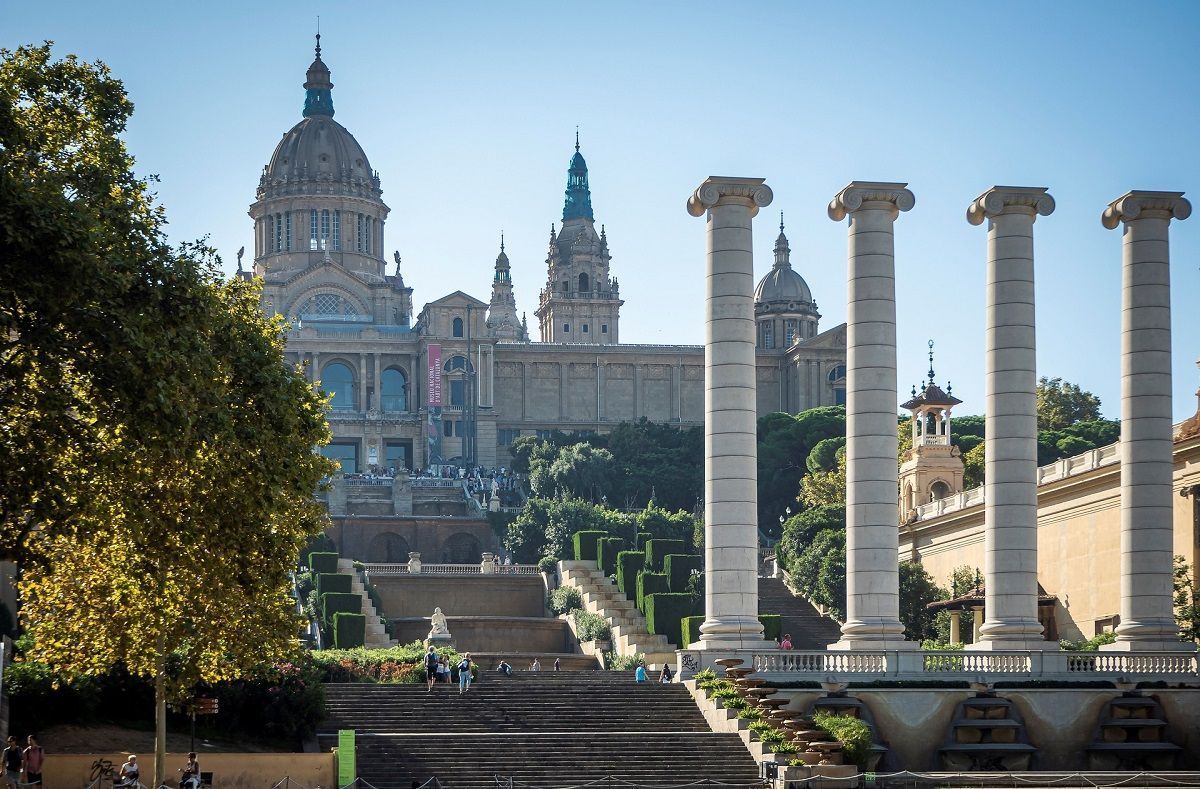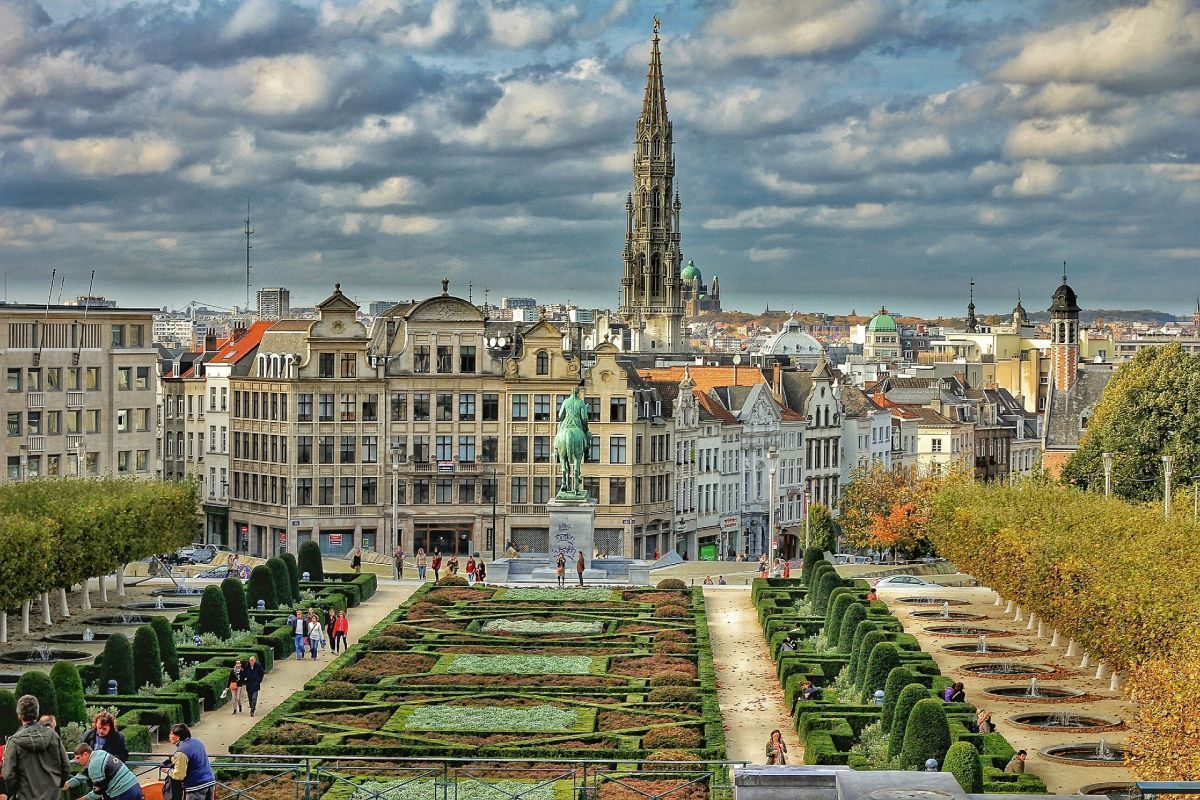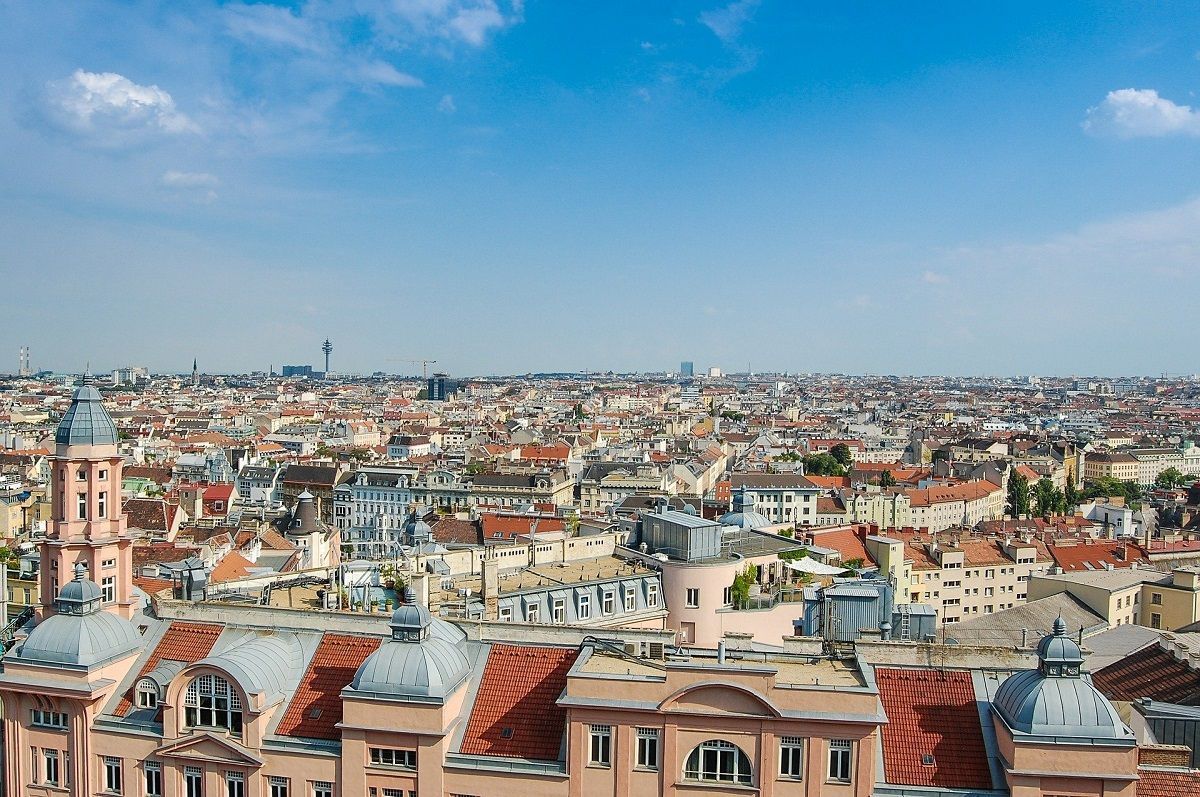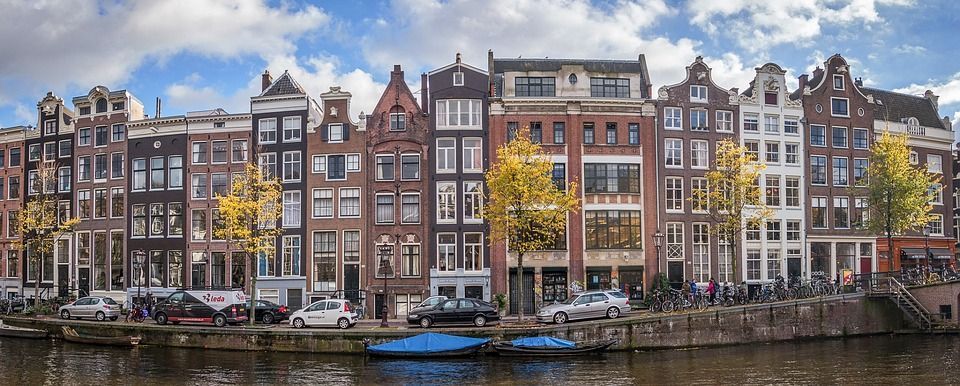Covid-19: Countries in Europe Battle Second Wave with Restrictions, Lockdowns
Countries in Europe, one by one are announcing harsher measures – including full lockdowns as in the case of Britain – in efforts to contain the second wave of the coronavirus (Covid-19) pandemic.
European leaders are concerned that the spike in coronavirus cases will push health services across the continent to breaking point.
In many cases, the measures announced include restrictions that were introduced during the first lockdown period in spring.
Some of the countries adopting new stricter measures are the following:
Greece
Greece this week changed its color-coded risk-assessment map indicating yellow (monitoring), red (high risk) and grey (local lockdown) areas.
The measures imposed in yellow and red areas include the mandatory wearing of masks everywhere in public; late night curfew from 12 midnight until 5am, and mandatory teleworking for 50 percent of public and private sector employees.
Greece’s grey areas are in local lockdown for two weeks, which means that residents must send an SMS message in order to leave their home and abide by a curfew that bans all movement between 9pm and 5am. Moreover, citizens are prohibited from leaving grey areas while all domestic/international flights and rail routes are suspended.
Read all regulations here.
Britain
Britain on Thursday will enter a full lockdown including a ban on all non-essential travel after a spike in coronavirus cases.
Restrictions across Britain – to be in effect until December 2 – include working from home and the closure of non-essential retail, pubs, bars and restaurants.
Meanwhile, overnight stays, staying in a second home as well as all non-essential travel in the UK or abroad by private or public transport, have been banned.
France
France has entered a nationwide lockdown since October 30, which will last for four weeks. As a result, people are allowed to leave their home only to go to work (unless teleworking is possible), purchase essential goods, seek medical assistance or for individual exercise.
All non-essential shops, restaurants and bars are closed.
People cannot travel between different parts of France.
Internal European borders remain open but external borders are closed except for essential travel. Furthermore, all travelers arriving in France will be tested for Covid-19 at airports and ports.
Germany
Germany has adopted additional Covid-19 measures that have been in effect since November 2 and will last until the end of the month. The following are some of the points recently agreed by the federal and state governments:
– Social distancing and reducing contacts.
– People are asked to generally refrain from non-essential travel for personal reasons and from visiting people, including relatives.
– Accommodation in Germany is provided only for necessary and explicitly non-tourism purposes.
– Institutions and facilities classified as recreational are closed (theaters, cinemas, amusement parks, gyms etc).
Italy
Italy will impose a nationwide evening curfew from 10pm until 5am – as of November 5 – based on a new emergency decree signed on November 3 by Italian Prime Minister Giuseppe Conte.
According to Italian media, other national measures against Covid-19 will include the closure of shopping centers on weekends and the suspension of operation of museums and galleries.
More information will be available later today, when the official decree text is published.
Spain
Spain began a nationwide curfew on October 25, after the government declared a new state of emergency for six months – until May 2021.
People in all regions, with the exception of the Canary Islands, are obliged to stay at home between 11pm – 6am.
Spain’s regional leaders can modify the start and end times of the curfew in their territory.
Belgium
Belgium has entered its second nationwide lockdown this year. As of Monday, November 2, all non-essential shops have shut their doors. Bars, cafés and restaurants are also closed but they can offer takeaway services until 10pm. Restaurants and bars in hotels can only provide service to rooms.
Autumn school holidays have been extended until mid-November.
Wearing a mask is mandatory in all areas. Teleworking is mandatory wherever possible.
In Wallonia and Brussels there is a night curfew in force, from 10pm – 6am.
Austria
A few hours after a terrorist attack hit its capital – Vienna – Austria announced new confinement measures to limit the spread of the coronavirus pandemic.
As of Tuesday, November 3, an evening curfew has went into effect for the hours between 8pm and 6am. Private meetings are limited to a maximum of two homes.
Museums, theaters, cinemas and swimming pools remain closed while all events including weddings and Christmas markets have been canceled.
Schools and nurseries remain open.
The Netherlands
As of today (November 4) and until November 18, the following measures will apply in The Netherlands:
– All establishments that serve food and drinks must remain closed. Take-away will still be possible. Exempt are hotels serving hotel guests, funeral locations, airside restaurants, cafés and bars at airports.
– All venues that are normally open to the public are closed. This includes museums, theaters, cinemas, amusement parks, zoos, swimming pools and libraries.
– Events such as open-air concerts and funfairs are banned.
– The government advises residents to avoid non-essential travel.
European Commission
In an effort to address the aggressive second wave of the coronavirus pandemic, EU leaders recently set out the next steps in key areas to reinforce the Union’s response to the resurgence in cases.
“The rise in COVID-19 infection rates across Europe is very alarming. Decisive immediate action is needed for Europe to protect lives and livelihoods, to alleviate the pressure on healthcare systems, and to control the spread of the virus,” Stella Kyriakides, Commissioner for Health and Food Safety, said.
“Next month, we will present the first step towards a European Health Union,” she added.

